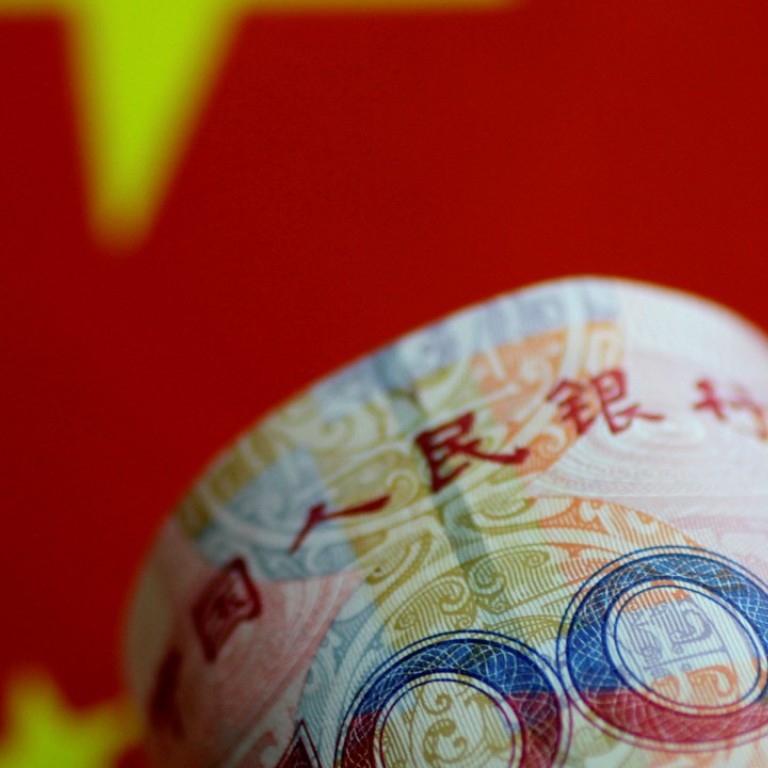
China wants to decouple itself from the US Fed, but can it really pull it off?
Beijing is adamant it won’t dance to the Federal Reserve’s tune, but an analyst argues that it just might have to
Will the People’s Bank of China decouple itself from the US Federal Reserve and other major central banks? Beijing is trying hard to convince the market it will, but analysts think otherwise.
China’s monetary authorities will not follow the Fed in raising interest rates any time soon, as its economic recovery remains shaky and financial market sentiment is “sensitive”, the official Economic Daily said in a commentary on Monday.
The article came after Beijing shrugged off the Fed’s fourth interest rate hike in two and a half years last month, despite its previous two rate increases – at the end of 2015 and 2016 – triggering massive outflows of funds from China and a sharp depreciation of the yuan.
“China’s monetary policy will not dance to the Fed’s tune,” the commentary said.
While Beijing has avoided interest rate hikes, the People’s Bank of China has permitted a steady rise in money market rates. It has also imposed strict capital account controls to curb outbound payments and investments.
Yuan Gangming, an economics professor at Tsinghua University, said the commentary was purely “political” and made little sense economically.
“It sends a signal that stability is the overwhelming theme this year, with a personnel reshuffle at the highest level scheduled to take place during the party’s 19th congress this autumn,” Yuan said.
“It aims to dampen the expectation that China will raise interest rates later this year, which would worry companies and send jitters through the financial market. However, no country can ignore the Fed’s moves and purely pursue its own agenda.”
While China defines its monetary policy stance as “prudent”, it is beginning to look increasingly dovish as the Fed talks about raising rates further and shrinking balance sheets, while the European Central Bank, Bank of England and Bank of Canada have started to tip the markets about scaling back monetary easing, or tapering.
China has intervened pre-emptively to improve the market’s confidence in its currency. The central bank in May added a “counter-cycle” factor to the yuan’s daily fixing formula, a move that boosted the currency’s exchange rate by about 1 per cent against the US dollar. That in turn forced major banks to revise their exchange rate forecasts time and again, lifting the overall expectations in the market.
In a Sunday article in “Qiu Shi”, or “Seeking Truth”, the Communist Party’s flagship journal, Pan Gongsheng, the head of China’s State Administration of Foreign Exchange, wrote that China’s US$3 trillion foreign reserves will “stabilise amid market fluctuations”, after falling US$1 trillion from their June 2014 peak. He also vowed to ensure a sound financial order in the run-up to the party’s congress.
China’s central bank has been walking a tightrope between “deleveraging” and maintaining growth, which are often conflicting ambitions. Economists argue that the PBOC will have no choice but to tighten policies eventually, and the possibility of interest rate hikes could not be ruled out for the rest of the year.
“Banks’ lending rates have been steady so far, suggesting that bank profit margins have shrunk in light of rising funding costs,” said Aidan Yao, senior emerging Asia economist with AXA Investment Managers. “But this is unsustainable, with further increases in lending rates likely going forward, although at a measured pace, under political pressure.”
Regulatory tightening and financial deleveraging are expected to continue this year, but with improved coordination and constant adjustment, UBS Securities economists led by Wang Tao wrote in a research note.

